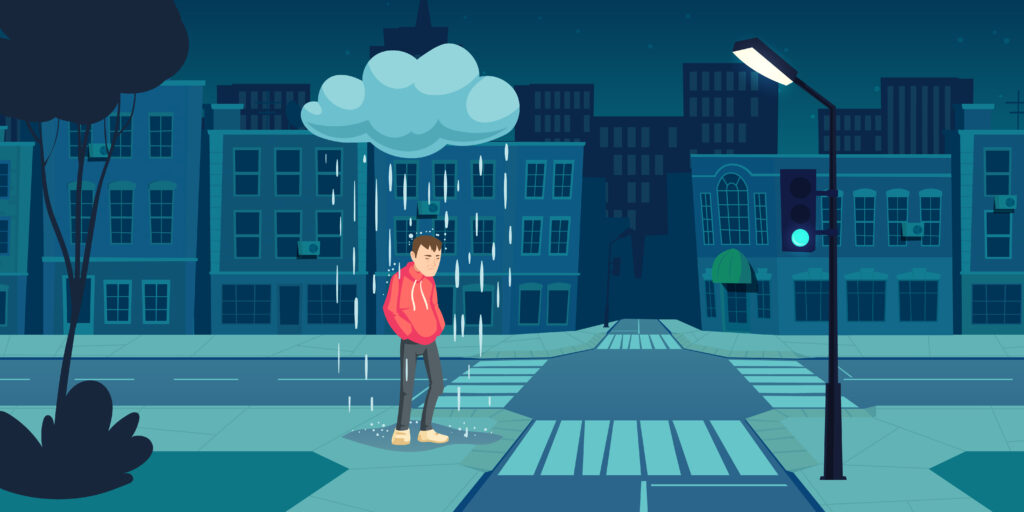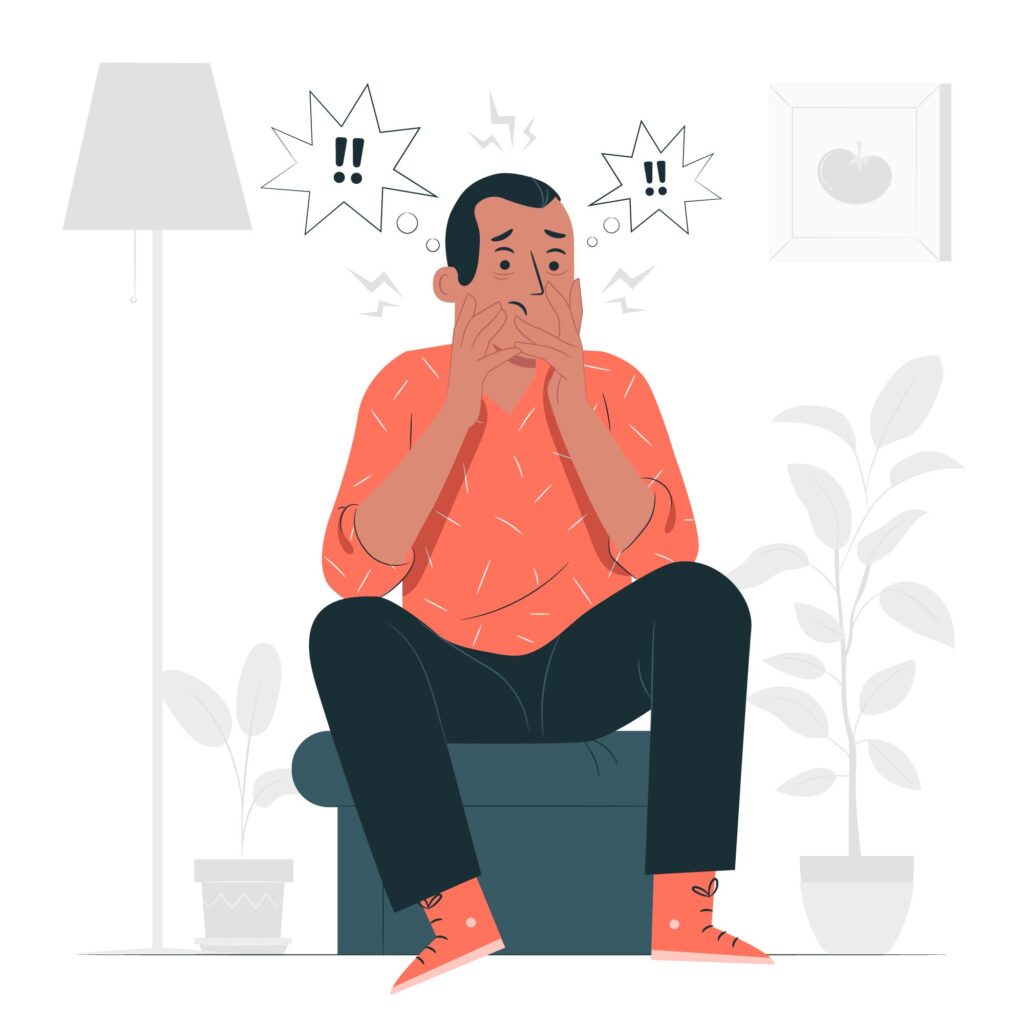Last updated on December 20th, 2024 at 01:14 pm
Depression is a complex mental health condition that can significantly affect an individual’s life and their relationships with loved ones. When someone you care about is struggling with depression, it can be challenging to know how to support them while also attending to your own needs. In this article, we will discuss practical steps you can take to support your partner or loved one with depression in a relationship.
Understanding Depression

Before we explore how to support someone with depression in a relationship, it is crucial to understand what depression is and how it affects individuals. Depression is a mood disorder that leads to feelings of sadness, hopelessness, and a loss of interest in activities that were once enjoyable. Symptoms of depression can vary, but some of the most common include:
Depression can impact anyone, regardless of age, gender, or ethnicity. It is important to recognize that depression is an illness, not a personal weakness. With appropriate support and treatment, it is possible to manage depression and enhance the quality of life.
Communication is Key
Open and honest communication is vital when supporting someone with depression in a relationship. It is important to establish a safe and supportive environment for your loved one to discuss their feelings and experiences without fear of judgment or criticism. Encourage them to share their thoughts and emotions, and validate their feelings.
Active Listening
When your partner or loved one discusses their depression, it is essential to listen actively. Active listening means paying close attention to their words, asking clarifying questions, and summarizing what they have shared to ensure you grasp their perspective. It is vital to demonstrate empathy and provide emotional support without attempting to solve their problems.
Provide Practical Assistance
Depression can turn even the simplest tasks into overwhelming challenges. Providing practical assistance can significantly impact your loved one’s well-being. This may involve helping with household chores, running errands, or preparing meals. By offering this support, you can alleviate some of the stress and pressure that your partner or loved one is experiencing.
Encourage Healthy Habits
Depression can hinder the ability to practice self-care and maintain healthy habits, such as eating well, exercising, and getting sufficient sleep. Encourage your loved one to prioritize self-care by suggesting you exercise together, prepare healthy meals, or assist them in establishing a regular sleep schedule. These healthy habits can enhance mood and overall well-being.
Professional Help
While you can provide support, it is essential to remember that depression is a complex mental health condition that often necessitates professional assistance. Encourage your partner or loved one to seek help from a qualified professional, such as a therapist or counselor. Offer to assist them in finding a suitable mental health professional, scheduling appointments, or accompanying them to their sessions.
Self-Care
Supporting someone with depression can be emotionally exhausting and may impact your own mental health. It is crucial to prioritize self-care and attend to your own well-being. This may involve speaking with a therapist, engaging in mindfulness or meditation, and seeking support from friends or family.
Can you maintain a healthy relationship with someone who is depressed?

Yes, it is possible to have a healthy relationship with someone who is depressed. It requires effort and understanding from both partners to maintain a healthy and supportive relationship. Supporting someone with depression can be challenging, but it is possible to navigate these challenges and build a strong and meaningful relationship.
How do you support a loved one who is depressed?
Supporting a loved one who is depressed demands patience, understanding, and empathy. It is crucial to communicate openly and honestly, provide practical assistance, encourage healthy habits, and seek professional help when necessary. Furthermore, taking care of yourself and seeking support when needed is vital for maintaining your own mental and emotional well-being.
Are Relationships Challenging for People with Depression?
Yes, relationships can be challenging for individuals with depression. Depression can hinder communication, affection, and the ability to maintain a positive outlook. It may also result in feelings of guilt, shame, and worthlessness, which can affect the relationship. However, with the appropriate support and resources, individuals with depression can develop and sustain healthy relationships.
How does depression affect a person in a relationship?
Depression can affect a person in a relationship in various ways. It can influence their mood, energy levels, ability to communicate, and overall well-being. Depression may also lead to feelings of guilt, shame, and worthlessness, which can impact the relationship. However, with the right support and resources, individuals with depression can manage their symptoms and build healthy relationships.
Is it acceptable to end a relationship due to mental health issues?
Breaking up with someone due to their mental health is a complex issue. In some instances, a breakup may be necessary if the relationship is causing significant harm to either partner’s mental well-being. However, it is crucial to communicate openly and honestly, seek professional help, and attempt to address any challenges before contemplating a breakup.
What It’s Like When Your Partner Is Depressed?
Having a partner who is depressed can be challenging, but it also presents an opportunity to demonstrate love, compassion, and support. It requires patience, understanding, and empathy to navigate the challenges of depression and maintain a healthy relationship. This situation can also be emotionally taxing, so it’s crucial to prioritize your own mental and emotional well-being. With the right support and resources, you can assist your partner in managing their depression and moving towards a happier, healthier, and more fulfilling life.
Final Thoughts
Supporting someone with depression in a relationship can be challenging, but it is crucial to remember that your support can significantly impact their recovery. By understanding depression, communicating openly and honestly, offering practical assistance, encouraging healthy habits, and seeking professional help when necessary, you can aid your partner or loved one in managing their depression and enhancing their overall well-being. Remember to take care of yourself and seek support when needed; supporting someone with depression can also be emotionally taxing, so it’s vital to prioritize your own mental and emotional health as well.


